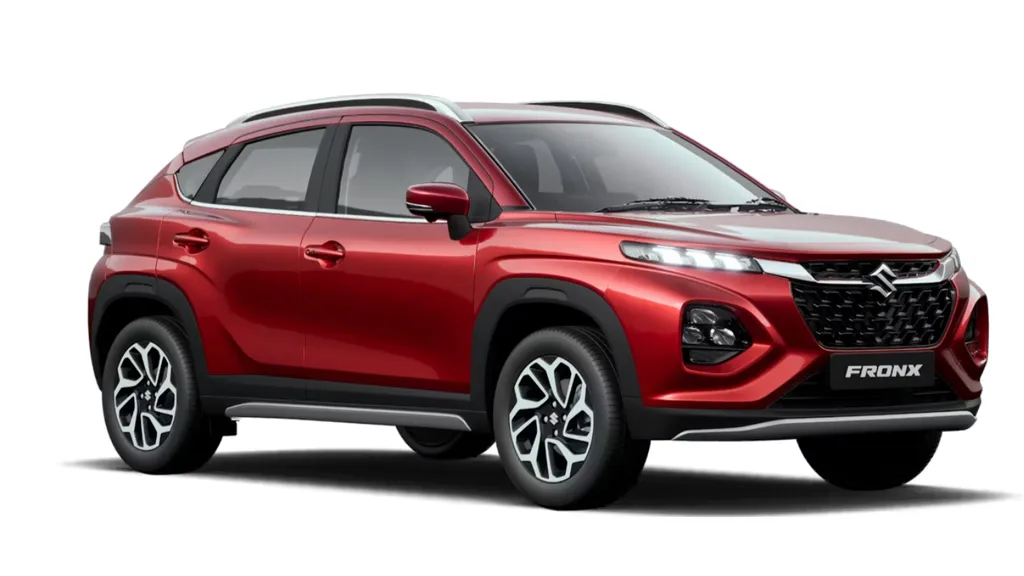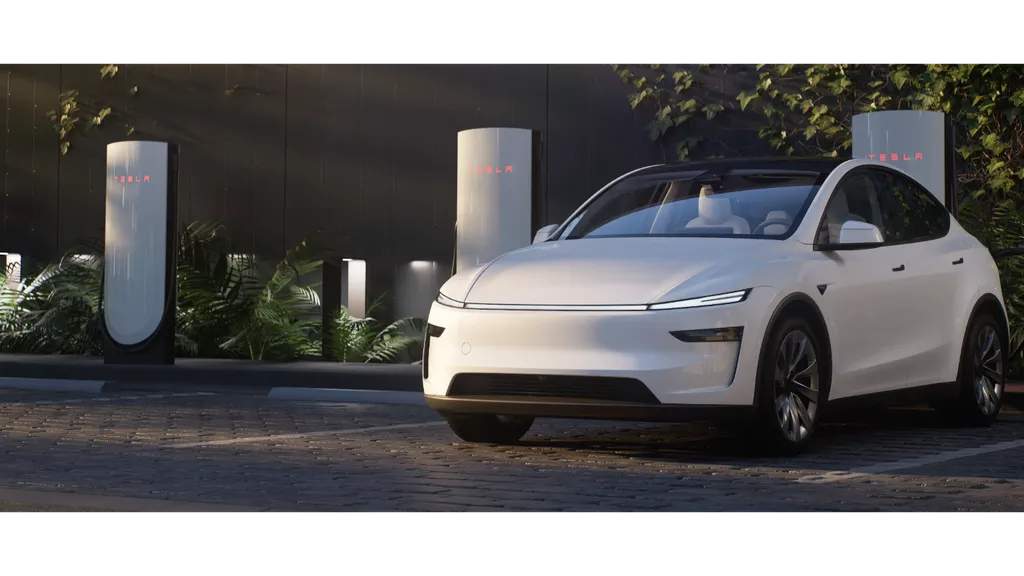As the Indian automotive landscape accelerates towards electrification, Hyundai Motor India is making a strategic pivot—aiming for EV-led sales growth in the coming years. With significant investments, upcoming EV launches, and a revamped manufacturing strategy, Hyundai is positioning itself as a frontrunner in the electric mobility race.
Hyundai's EV Game Plan in India
Hyundai is no stranger to EVs in India, with the Kona Electric being one of the country’s first premium EV offerings. However, the company’s EV strategy is now scaling up in size and ambition.
Key Developments:
- ₹20,000 Crore Investment: Committed to EV development and infrastructure over the next 10 years.
- Six New EVs by 2028: Across segments including SUVs, sedans, and compact cars.
- Chennai EV Hub: Hyundai will transform its Sriperumbudur facility into a major EV production hub.
EVs at the Center of Future Sales
Hyundai India targets 20–25% of its total sales from EVs by 2030. The push is driven by:
- Rising fuel prices
- Central and state EV subsidies
- Expanding charging infrastructure
- Consumer shift toward eco-conscious mobility
According to SIAM data, India’s EV sales crossed 15 lakh units in FY2025, a jump of over 35% from the previous year. Hyundai wants a significant share of this momentum.
Upcoming Hyundai EVs in India
ModelSegmentExpected LaunchHighlightsHyundai Creta EVMid-size SUVLate 2025Based on ICE Creta, 400+ km rangeHyundai Ioniq 5 FaceliftPremium EVEarly 2026Global model refresh, fast chargingHyundai Casper EVCompact SUV2026Entry-level EV targeting budget buyers
Charging Infrastructure Plans
Hyundai is not just focusing on vehicles—it also plans to set up:
- 100+ fast-charging stations across major cities
- Home charging solutions with vehicle purchase
- EV service readiness in 500+ dealerships
Hyundai’s EV Competition in India
1. Tata Motors
- Key EV Models: Nexon EV, Tiago EV, Punch EV
- EV Share of Sales (FY25 est.): 14.2%
2. Mahindra
- Key EV Models: XUV400, BE range (incoming)
- EV Share of Sales (FY25 est.): 5.8%
3. MG Motor
- Key EV Models: ZS EV, Comet EV
- EV Share of Sales (FY25 est.): 11.5%
4. Hyundai
- Key EV Models: Kona, Ioniq 5, Creta EV
- EV Share of Sales (Target by 2030): 20–25%
Why This Matters
Hyundai’s pivot reflects a broader industry trend. With the government pushing the FAME-II subsidy scheme and states like Maharashtra, Delhi, and Tamil Nadu offering tax breaks, OEMs are racing to localize EV manufacturing.
Conclusion
With bold investments, an expanding EV lineup, and a robust strategy for infrastructure and localization, Hyundai India is aiming to redefine its role in the country's electric future. The battle for EV leadership is heating up—and Hyundai is gearing up to be at the forefront.































